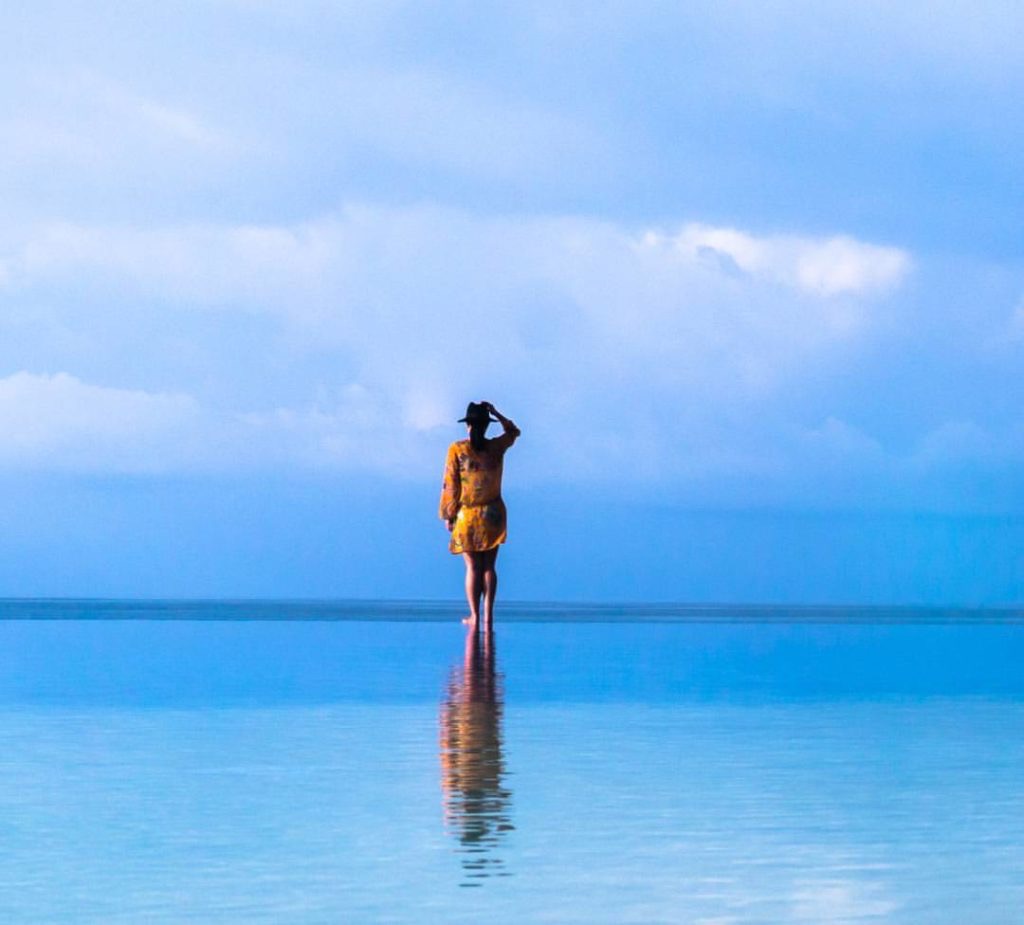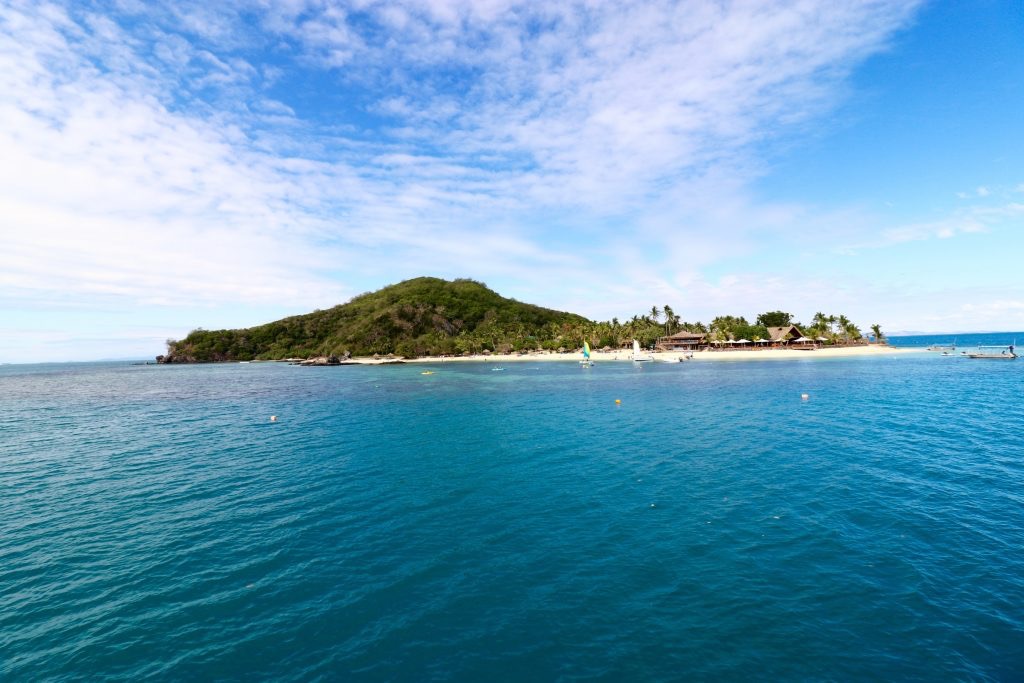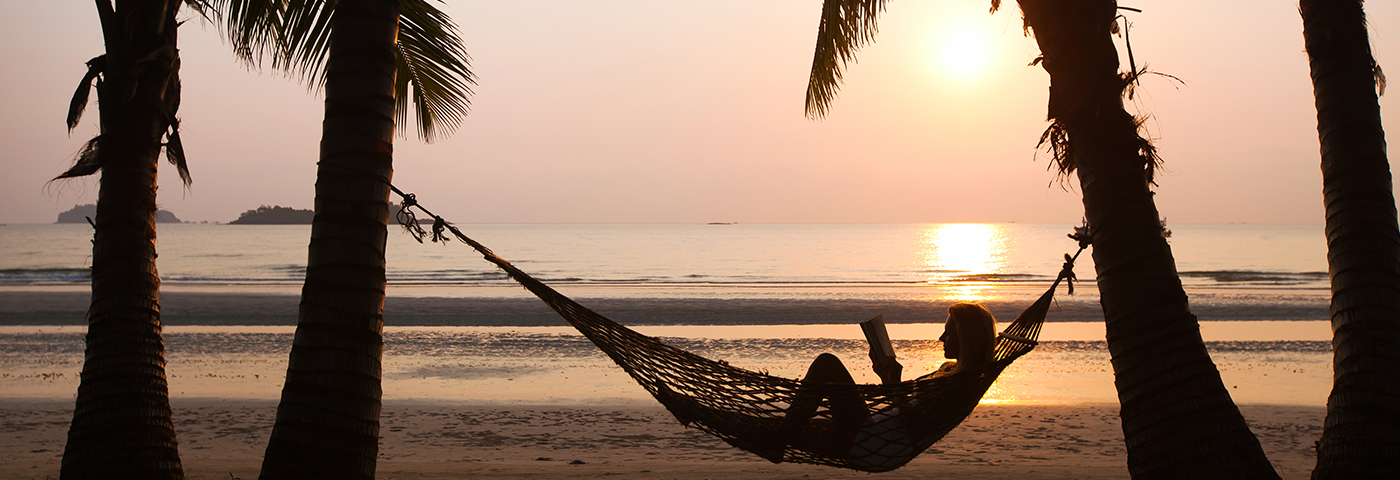Through the years, there have been many attempts to define what luxury is. What we can all agree on is that luxury is subjective, personal, and ever changing. Last month, research and consulting company MyTravelResearch conducted a webinar on emerging luxury travel trends. In it, they identified scarcity as a simple factor that determines what luxury is. They used the example of 1980’s Soviet Russia, when bananas were so scarce that they cost more than caviar. When items are scarce, they are usually considered a luxury.

Fast forward to 2017, there’s an overabundance in production and consumerism (bananas and caviar included), and almost everyone has a smartphone. In this age where the world could not be more connected thanks to social media, what could be the luxury traveller’s prized rare item?
According to Skift, it is isolation.
Roland Fasel, Aman Resorts’ Chief Operating Officer, tells Skift: “Especially for those who have seen and done it all, isolation or being disconnected from the pressures of everyday life can be a real luxury.” He adds, “Guests nowadays want to achieve a deep level of transformation from the outside in which is sometimes best achieved with as few distractions as possible.”
It seems that unique luxury hotel or resort stays with personalised experiences are no longer enough. Luxury travellers want to be far away from the madding crowd as much as possible. Distance seems to add appeal to the experience.

For instance, Castaway Island in the Mamanuca Islands in Fiji is quite isolated, but repeat guests are happy to sojourn more than 48 hours to get there. (The island can be reached either by a 45-minute speedboat ride, or a private helicopter). The long journey acts as an apt transition into isolation.
However, it is not just about the literal distance. According to Martin Breuer, owner of Padaste Manor in Estonia, “A remote location creates a setting in which it’s possible to take a certain distance to everyday life. Maybe it’s about a certain slowness and the freedom of not having to make choices.”
Luxury travellers normally create at least a few dozen choices in their day-t0-day life whether it be personal or work-related. And while having the luxury of choice can be convenient, too much of it can also be a burden that one will wish to be away from.
Overabundance of choice is a form of mental noise, and as such, silence is treasured more than ever. This is a fact that Mia Kyricos, whose consulting firm specializes in wellness, hospitality, and tourism brands supports: “In the past, luxury was defined by cushy bathrobes and the thread count of sheets,” says Kyricos. “But in today’s noise-saturated world, silence, solitude, space are the true definitions of luxury.”
While we celebrate this newfound appreciation for silence, let’s not be too quick to assume that luxury travellers require complete disconnection. Most high-end travellers still require Wi-Fi and other creature comforts.
This brings us back to the definition of luxury being personal. Luxury travellers still want isolation, peace of mind and silence, but at the same time still be able to connect to the rest of the world. They want the balance of being in a remote place, while still being connected, on their terms.

A destination’s isolation is not something new in the luxury travel trend. Any attraction, resort or hotel has always had an appeal when it is located in seclusion. However, with technology’s rapid evolution, everyday demands are also changing. When everyday noise such as online presence and social media updates can be too in-your-face these days, our needs and appreciation also change to find balance.



I started Hidden Pousadas Brazil exactly for this reason. I was extremely stressed out after organising a huge music festival and wanted a place where I could relax in tropical luxury and beauty, where there was no phone coverage or wi-fi. Over the last 10 years I’ve made a business out of finding similar places in Brazil for like minded travellers. You just have to know where to go and how to get there and I’m only telling the right people!
The human need for isolation when “wounded” is deeply rooted in the human DNA. And we all know how these every day wounds feel like and how desperately we seek to heal them as fast as possible.
So when this need is combined with a remote “in style” accommodation close to beautiful nature and the goal is to empty head and charge batteries in order to “heel” as fast as possible, the “brave new (?) world” of this alternative way of rediscovering oneself by travelling, is here to stay !